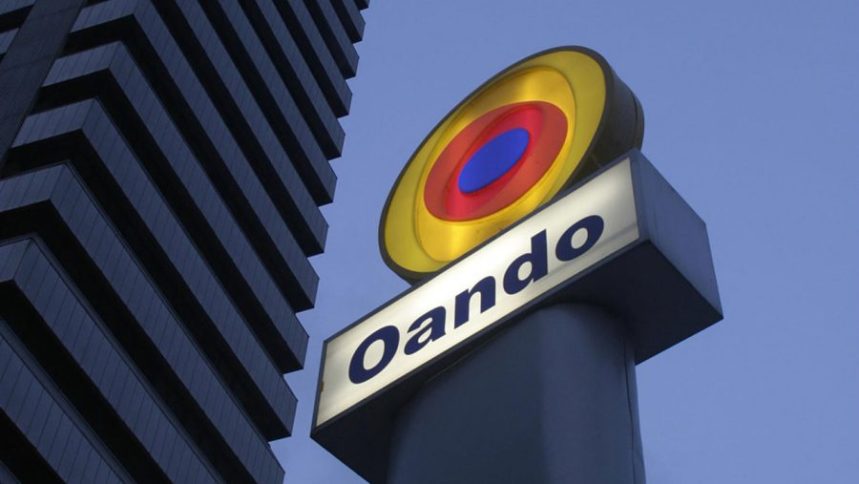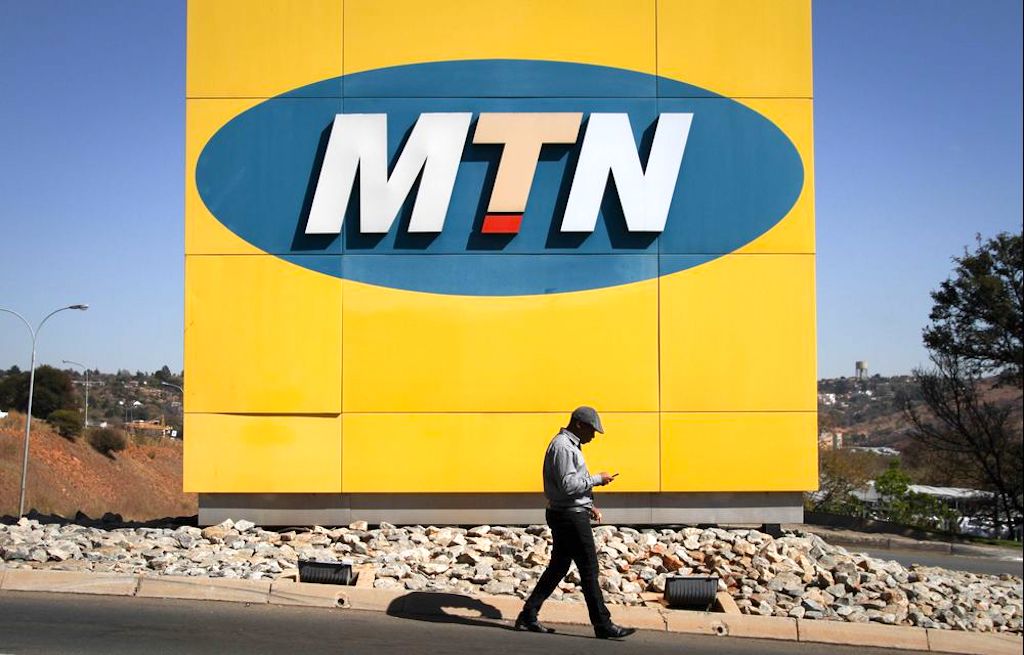A quiet revolution is brewing in Nigeria’s gaming industry, and at its heart lies a simple question—who gets to make the rules? Ask Nseobong Okon-Ekong and Iyke Bede
The federal government believes it should take charge through its proposed Central Gaming Bill. But state governments, through its umbrella body of states lottery regulators, the Federation of State Gaming Regulators of Nigeria (FSGRN), are pushing back hard, reminding everyone that the Supreme Court’s judgement in AG Lagos & Ors Vs AG Federation and Anor SC/1/2008 granted them this power following a 16-year battle for jurisdictional authority.
The need for regulation has never been in dispute, rather, who should take the reins and dictate taxes. With billions of naira flowing through Nigeria’s gaming industry, this battle over who should provide oversight has become fierce. Supporters of federal control argue that online gaming doesn’t recognise state borders. A player in Sokoto can easily place bets on a platform based in Port Harcourt—or even outside the country—suggesting that state-level regulation is outdated in the digital age.
Explaining why this conclusion follows from an incorrect thought pattern, the FSGRN presented an illuminating discourse.
“The Internet,” stated the organised body of state lottery regulators, “is merely a conduit, a platform for service delivery, and doesn’t ipso facto confer federal jurisdiction over the underlying activity.”
The FSGRN’s passionately canvassed opinion is that since “operators already secure online access via internet service providers that have obtained requisite permits from the National Communications Commission, internet usage doesn’t automatically confer jurisdiction.”
It added, “The mere fact that gaming activities occur online doesn’t place them under federal oversight.”
These sentiments are mirrored in the Central Gaming Bill, which would create a powerful new federal gaming commission—essentially a resurrection of the National Lottery Regulatory Commission (NLRC), but one focused on online gaming operations. This commission would decide everything from which payment methods are allowed to what technology gaming companies can use.
It would even reach beyond Nigeria’s borders to regulate foreign companies that provide services to Nigerian gamers. This is like trying to make another request for what has been denied more than once by the Supreme Court of Nigeria. The apex court has made it clear that while the federal government has nationwide jurisdiction over matters on the exclusive legislative and concurrent list, it can’t control residual matters. Page 66 of the latest Supreme Court judgement stated in part, “The legislative authority of each state House of Assembly encompasses, among other matters, the power to regulate activities such as lotteries and other forms of gaming.”
There is no ambiguity in the pronouncement of the court. In this case, Hon. Benjamin Kalu, the Deputy Speaker of the House of Representatives and his six colleagues who are proponents of the Central Gaming Bill are clearly searching for those who can float their boat. The federal government believes it should take charge through its proposed Central Gaming Bill, a position strongly advocated by a senior lawyer, Seni Adio. Adio argued that Nigeria’s constitution must adapt to the digital age.
“Online gaming transcends physical borders,” he contended. “A player in Sokoto can place bets on a Port Harcourt-based platform—or even internationally—making state-level regulation obsolete.”
His arguments must, however, be considered as the sentiments of a man who provided legal services to the defunct NLRC. Although majority of federal legislators in the House of Representatives may be pushing for the passing of the Central Gaming Bill, it is still a long way from being realized. If the bill gets a nod from the Green Chamber, there is still the hurdle of presidential approval. Thereafter, it may be challenged in court, yet again, by its opponents.
Promoters of the Central Gaming Bill are essentially flying a dangerous kite, putting forward this idea just to see how people react, not minding whether, in the end, the idea dies before being put into practice. An attempt to dress a matter that the apex court has settled, after a long-drawn legal battle for 16 years in new colourful garb, can only succeed in returning the industry to the years of infamy, which appeared to have been forgotten with the Supreme Court judgment.
At the public hearing on the bill on Wednesday March 19, an array of federal agencies and departments along with a teeming number of NGOs flooded the National Assembly ostensibly to support passage of the bill. As keen followers of the industry, their pathway clearly shows they are colluding with the leadership of the rested NLRC. Gbajabiamila had formed an alliance with federal agencies and campaigned relentlessly that only they have the inter-agency capacity to regulate the gaming industry. This often repeated jaundiced narrative gives the impression that federal agencies are forbidden from collaborative engagements with states. This is not true!
In the hurry to grab regulatory control of the gaming industry pan-Nigeria, promoters of the Central Gaming Bill, exposed their sole mission which is to fundamentally bring back the National Lottery Regulatory Commission (NLRC), under the guise of concentrating its operations on online gaming. The defunct NLRC leadership has never hidden its disdain for its sister agency, National Lottery Trust Fund (NLRC), the federal government agency vested with the responsibility to administer and allocate funds derived from lottery activities. The NLTF plays a vital role in funding public welfare projects, under a broad theme known as, ‘Good Causes’. To advance its continued relevance, the NLTF was compelled to present an independent document to fight for its existence. The leadership of the rested NLRC is canvassing for an all-powerful agency that will oversee in totality all lottery and related activities including administration and allocation of funds procured from lottery operations.
One would have expected proponents of the bill to analyze and develop all aspects relating to the proposal to change the existing law. How can members of the House Committee on Intergovernmental Affairs and other federal lawmakers who have successfully channelled their constituency projects through the NLTF forget opportune purposes that the body serves? Since it became public a couple of weeks ago, the Bill for an Act to repeal the National Lottery Act No. 7 of 2005 and the National Lottery (Amendment) Act No. 6 of 2017, and to enact the Central Gaming Bill to regulate the operation and business of all forms of online and remote gaming across the geographical boundaries of the federating units and beyond the borders of Nigeria, provide for the conduct of gaming in the Federal Capital Territory and enhance revenue generation for the Federation and related matters (HB. 2062) has journeyed through an interesting course. It must be noted also that there is another Bill, the National e-Gaming Bill 2025, which seeks to regulate lottery affairs. That Bill has passed its first reading and there is a pressing suggestion that both bills be harmonized—one for regulatory purposes and the other for organizational purposes.
Critics, particularly on the platform of FSGRN, counter the argument that online gaming is without borders, saying it ignores the reality on the ground. They argue that states have already built effective regulatory frameworks tailored to their unique economic and social contexts. Not a few states, including Lagos, Oyo, and Enugu, have also implemented successful regulatory structures. If the federal government takes over, these systems could be upended, leading to disruptions and potential loss of revenue. Moreover, the Supreme Court ruling has already settled the matter—states have the legal authority to regulate gaming within their jurisdictions. Overriding that decision could set a dangerous precedent for federal overreach.
Kalu and his colleagues may want to learn from the history of Lagos & Ors Vs AG Federation and Anor SC/1/2008. This case was instituted at the behest of Lanre Gbajabiamila, erstwhile director-general of the defunct NLRC, when he was the boss of the Lagos State Lottery Board. At that time, he vigorously championed putting the administration of lottery activities in the purview of states. When the tables turned and Gbajabiamila became the federal regulator of gaming, he abandoned his support for states and opted for a strong, centrally controlled gaming body run by the federal government. Incidentally, the legal battle he introduced against the federal government was decided in his favour, albeit in favour of his original position as a state regulator. There is a lesson in this for Kalu and his colleagues. If there is a swap around and they become governor of their respective states, will they hold the same opinion about a centrally controlled gaming industry?
Gaming companies do not have to be jittery. The FSGRN may have anticipated their concern about the problem of getting licences from 36 different states. Operating a unified licensing system, which the body is working towards, means that multiple paperwork and costs have been eliminated. For online-based platforms, the Supreme Court has explicitly resolved their fate. They no longer live with the yoke of paying double taxation at state and national levels.
Those who continue to fan the embers of this regulatory tug-of-war are deliberately presenting Nigeria with some tough choices. Should the federal government take control of an industry constitutionally confined within the scope of states? Or should states keep their legal authority, even if it means dealing with the complications of online gaming? The answers to these questions will shape Nigeria’s gaming industry in the coming years, affecting everyone from big gaming companies to casual players looking for some entertainment.


